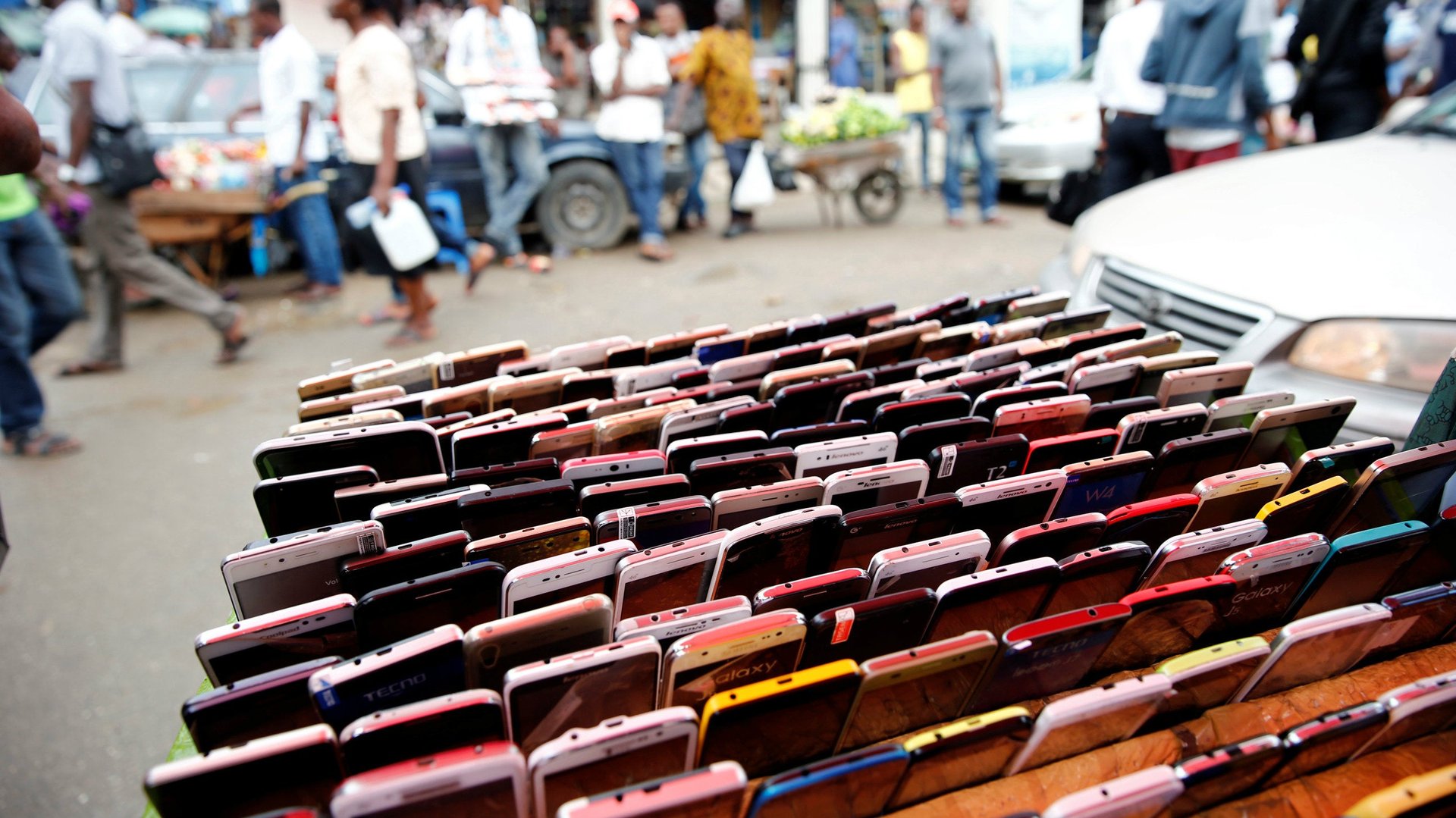Nigeria’s young population will help drive global mobile internet user growth over the next decade
There’s an upside to Nigeria’s expected population boom particularly over the next seven years.


There’s an upside to Nigeria’s expected population boom particularly over the next seven years.
Nigeria, combined with China, India, Pakistan and Indonesia, will account for 50% of the 1.6 billion mobile internet users projected to get online by 2025. While China and India will account for a significant chunk, there will be at least 50 million new mobile internet users in each of the five countries, according to a new report by mobile industry trade body, GSMA.
The spike in Nigeria’s mobile internet users over the next seven years hinges on its growing young population—60% of Nigerians are 24 or younger—many of whom will be purchasing increasingly affordable smartphones. The projected rapid growth also marks a change of pace as Nigeria’s mobile internet user base appeared to plateau and shrink over the past two years following a crackdown by regulators on unregistered sim cards. The country’s mobile internet user base had initially grown more than three fold between 2012 and 2015.
Across Africa, mobile subscriber growth is now “firmly in single digits and will fall below 5% in the first half of the next decade,” GSMA says. A lack of network coverage in rural areas remains a prominent barrier to connectivity. But, as other recent studies have shown, the high cost of mobile broadband across the continent also poses a problem. Several African countries remain short of the UN Broadband Commission’s target that a gigabyte of data should not cost more than 2% of average monthly income. There is a silver lining though as increased competition between rival telecoms networks is expected to eventually force prices down.
But as mobile revenue growth slows—partly due to the growing preference for over-the-top messaging services like WhatsApp and Facebook Messenger—telecoms networks are betting on offering additional services to boost average revenue per user (ARPU).
Sign up to the Quartz Africa Weekly Brief here for news and analysis on African business, tech and innovation in your inbox